What is responsible tourism?
Some links in this post are affiliate links, which means I earn a small commission if you book through them, at no extra cost to you. This support helps keep this site running, the suitcase wheels spinning, and lets me keep writing ultra-detailed travel guides that are free for you to use to plan your next adventure.
As the world starts to emerge from the pandemic, travel is slowly but surely starting to restart around the globe, and we now have the opportunity to shape what travel will look like in the future. So you might be wondering what does responsible tourism mean, how can we travel more responsibly and why is responsible tourism important? As an experienced traveller prepping to get back into full-time solo travel, here are some of my thoughts on responsible tourism.
Tourism was at an all-time high pre-COVID, with more planes in the sky, more cruise ships in the ocean and more tourists wandering around both hot spots and off-the-beaten-track destinations than ever before. The economic benefit of tourism is massive, representing 10.4% of the global GDP in 2019, with many cities and countries relying hugely on tourists to keep their economy running smoothly.
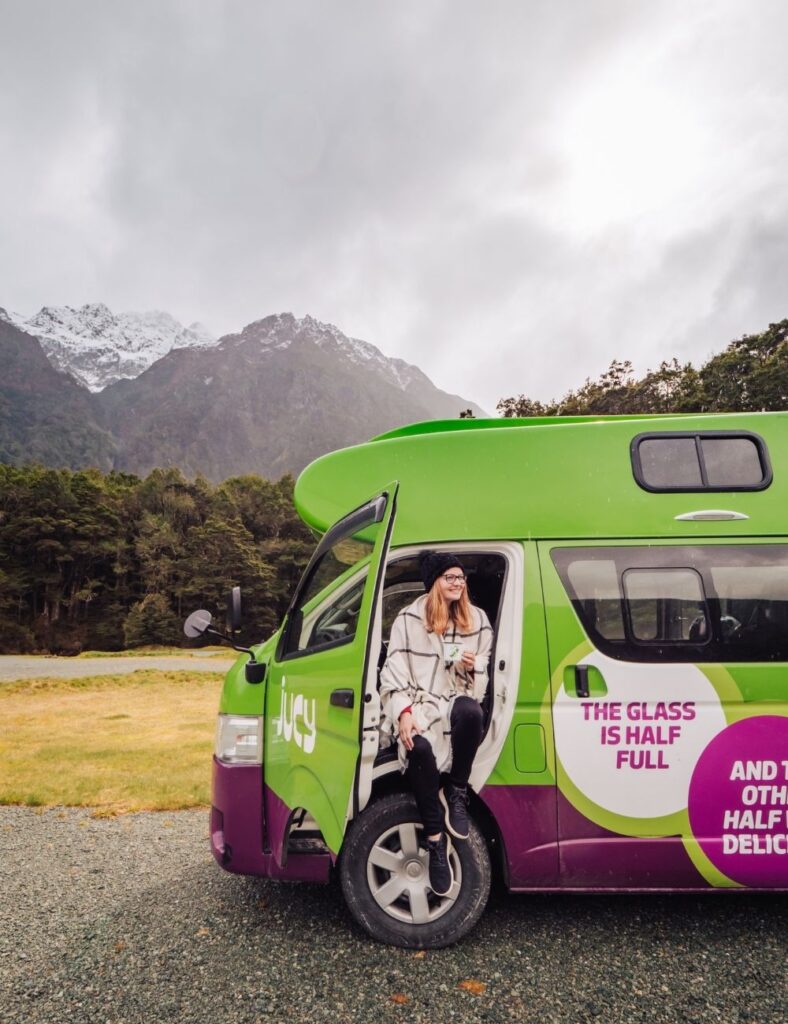
But despite the positives that come with tourism, the negative impact that travel can have on culture, the environment and the locals who live in a destination are also undeniable. From carbon emissions to pressure on resources to commercialisation of culture, tourism can have a detrimental effect, which is hard to come back from when you’ve got an industry growing so rapidly and so globally. At least, until a pandemic puts a pause on the entire world…
I’m not one of those people who thinks that COVID was thrown at us to let the world “heal”, because I refuse to believe that six million people needed to die and tens of millions lost their jobs and livelihoods in order for the planet to teach us a lesson, but there’s no denying that the opportunity to reset an entire industry is one we desperately need to take advantage of.
So on that note, let’s dive right into the definition of responsible tourism, why responsible tourism is important, and how we can ensure that our own travels are more responsible for the planet and the places we visit.
What is responsible tourism?
In the most simplest of terms, responsible travel is travel that “makes better places for people to live in and better places for people to visit”, as defined by the Cape Town Declaration from 2002’s World Summit on Sustainable Development.
To break it down even more, the Cape Town declaration says that responsible travel and tourism:
- minimises negative environmental, economic and social impacts
- generates greater economic benefits for local people, enhances the well-being of communities and improves working conditions
- involves locals in decisions that affect their lives and communities
- makes positive contributions to the conservation of natural and cultural heritage and to the maintenance of the world’s diversity
- provides more enjoyable experiences for tourists though meaningful connections with local people
- provides access for people with disabilities and the disadvantaged
- is culturally sensitive, engenders respect between tourists and hosts, and builds local pride and confidence
Phew! That’s a long definition.

Responsible tourism vs. sustainable tourism (and other commonly used terms)
Ecotourism, sustainable tourism, ethical tourism, regenerative tourism and responsible tourism are all terms that you’ll hear quite a bit when discussing the future of travel, but they don’t all mean the same thing. Here are some definitions of other
Ecotourism (sometimes also called green tourism) refers to tourism that has a positive impact on the earth and our environment. That might mean staying at an off-grid accommodation that grows and farms all its own food and uses solar power, or maybe it’s a wildlife conservation project like protecting hatching turtles in Costa Rica.
Sustainable tourism is defined by the UN as “tourism that takes full account of its current and future economic, social and environmental impacts, addressing the needs of visitors, the industry, the environment and host communities.”, so it goes beyond just the planet but “sustainable” is a bit of a buzzword these days and often isn’t specific enough to encourage any real action.
Ethical tourism is all about considering the consequences of your actions while travelling, and ensuring that tourists and the travel industry both make conscious decisions around their impact. To me, ethical tourism is the closest in definition to responsible tourism.
Regenerative tourism takes it to another level with a focus on tourism that leaves a place/community/environment in a better place than when you found it, undoing the harm that has been caused by tourism in the past. This is going to be particularly important in the coming years as destinations rebuild their tourism infrastructure to avoid the damage that was coming from overtourism in pre-pandemic times.
You’ll probably hear these terms used interchangeably in some contexts but hopefully that breakdown gives you a better understanding of the subtle differences between each term.
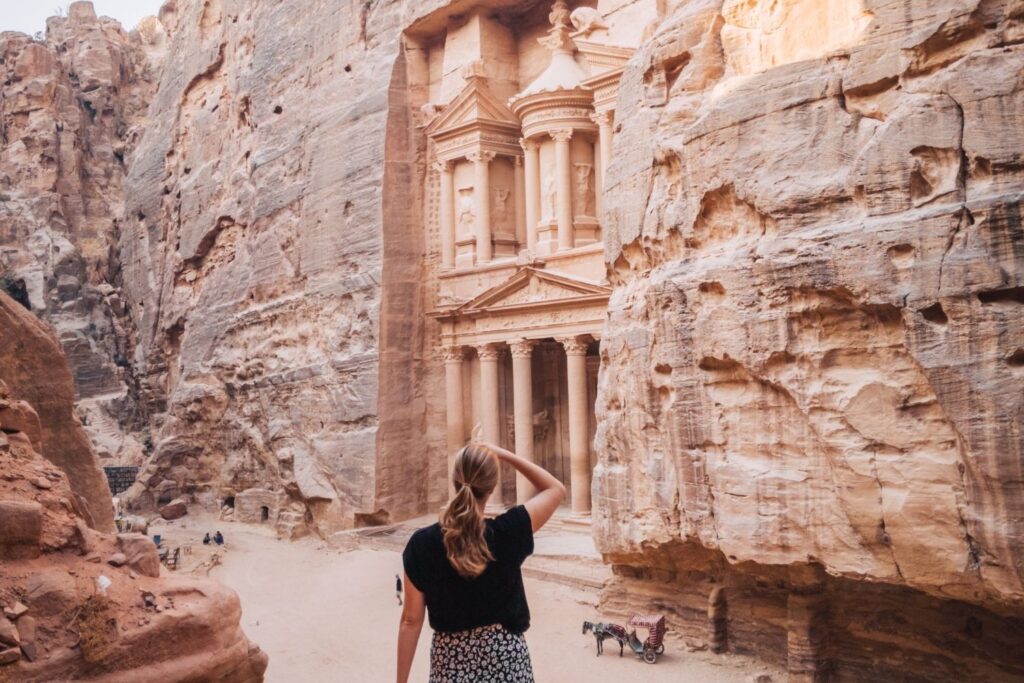
Why is responsible tourism important?
The way we were travelling before COVID was simply unsustainable. People would country hop all over the globe without a second thought, locals were being locked out of housing markets due to the increase in Airbnbs and short-term rentals, and natural wonders and historical landmarks alike were feeling the pressure of thousands of visitors per day.
While many of us travelled for the right reasons, like to learn about other cultures and history, to spread wealth to less privileged parts of the world, or to open our minds to different ways of life, there can be unintended consequences from good intentions, and these are the consequences we can tackle and change by travelling responsibly.
If we can switch things up in tourism, from a traveller perspective as well as an industry perspective, we can create a world where we can encourage adventure, exploration and discovery while ensuring our environment isn’t harmed, the culture and communities we visit are respected, and we come away having had an incredible and unforgettable experience.
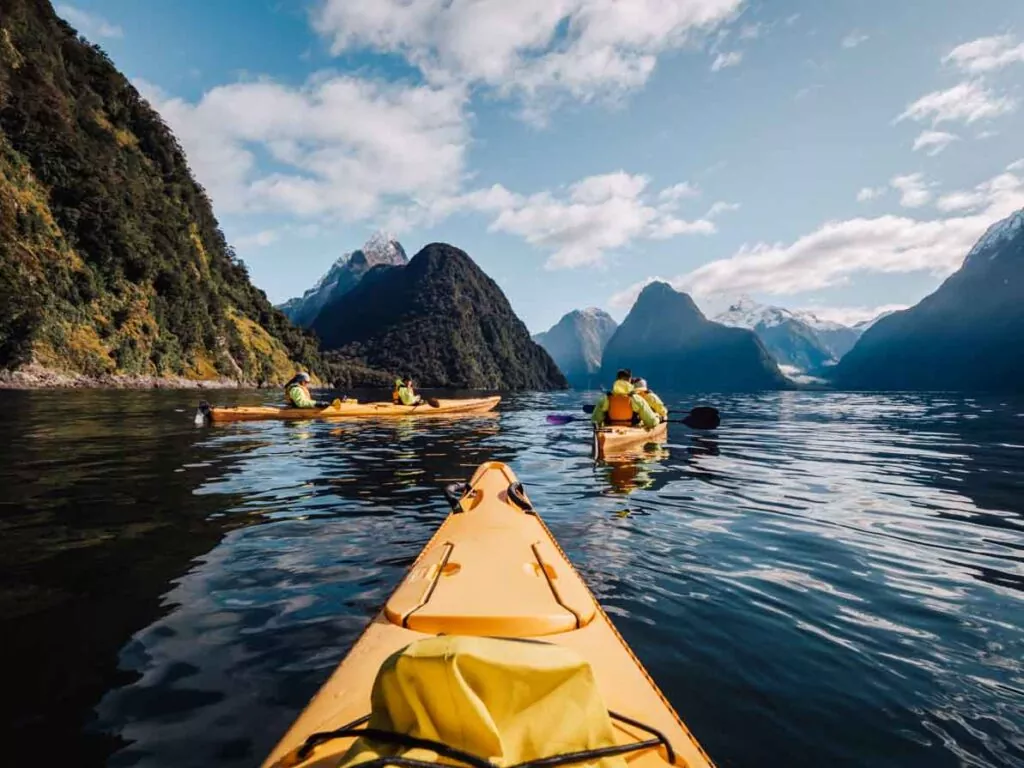
What makes someone a responsible traveller?
There is no such thing as a perfect traveller. There, I said it!
Responsible tourism encompasses so many different facets of the way we travel that it would be impossible to be 100% responsible on all fronts.
For example, someone who is completely focused on being environmentally responsible may never take a plane, a train or a bus, preferring to use non-motorised transport, but they’ll never make it to far-flung destinations or islands who might rely on tourism dollars to provide for their community.
On the other hand, someone who is on a mission to support remote communities might end up flying around the globe multiple times a year, which undoubtedly has an impact on the earth but they’re doing important work that could be detrimental to those communities if they stopped.
There is no rulebook to being a responsible traveller, but there are a number of ways we can ensure our adventures do less harm and more good. Some things we can do to be more responsible travellers are:
- Minimise our impact on the earth. That might mean flying less, flying economy rather than business, flying direct (take off takes more fuel so stopovers have a higher environmental impact), minimising plastic use, increasing plant-based meals and reducing meat, or choosing carbon-zero travel suppliers.
- Offsetting the impact we can’t minimise. Offsetting your carbon footprint is super easy, you can usually tick a box while booking a flight, or you can calculate your total footprint (including your energy consumption and day-to-day transport) and offset it through different projects around the world using co2nsensus.com.
- Respecting local cultures’ rules, regulations and norms, like dressing appropriately, trying to speak the language and learning about cultural traditions
- Travel slower and stay longer. This one comes from a place of privilege because many people don’t have weeks and weeks of annual leave/PTO and unlimited money, but spending even a few nights in one city (rather than a quick overnight trip) can reduce the stress on the tourist hot spots and can spread more money further through the economy.
- Spend consciously, with your money going to local companies. If this isn’t an option and you need (or want) to stay at a chain hotel or eat at a chain restaurant, try to choose one that has a public policy around local employment and environmental protection.
- Not only obeying COVID regulations wherever you visit, but going above and beyond to reduce the risk of you infecting locals
Want to learn more about being a responsible traveller? Read my full guide to how to travel responsibly.
Examples of responsible tourism
Responsible travel in a pandemic
This one is probably the most topical aspect of responsible travel at the time of writing (February 2022). The world is currently dealing with the omicron outbreak, with some countries abandoning all restrictions and others keeping their borders tightly closed.
Responsible travel in a pandemic includes:
- At the bare minimum, meeting all COVID travel requirements of wherever you’re visiting, like vaccination requirements, mask-wearing, pre-departure testing etc.
- And furthermore, ensuring that you take precautions to reduce any risk you might bring to the place you’re visiting, despite what their official requirements are. This means testing before you go/when you arrive, wearing masks when visiting vulnerable communities even if they aren’t mandated, and not visiting places where there’s pressure on the healthcare systems as you might take away a hospital bed from a local who needs it.
- Understanding that tourism and hospitality suppliers may be under pressure and understaffed, and treating all workers you come into contact with respect.
- Taking out comprehensive travel insurance so that if you do get into a bad situation, you have a way of getting out of it without putting further pressure on tourism-dependent communities who are already struggling.
Environmentally responsible travel
There are plenty of ways to be more environmentally-friendly while travelling, like:
- Overland travel rather than flights
- Staying somewhere for longer
- Buying/renting a bike when you’re visiting somewhere rather than relying on Uber or public transport
- Choosing to dine at plant-based eateries
- Choosing hotels with sustainable practices like reduced water usage and renewable energy sources
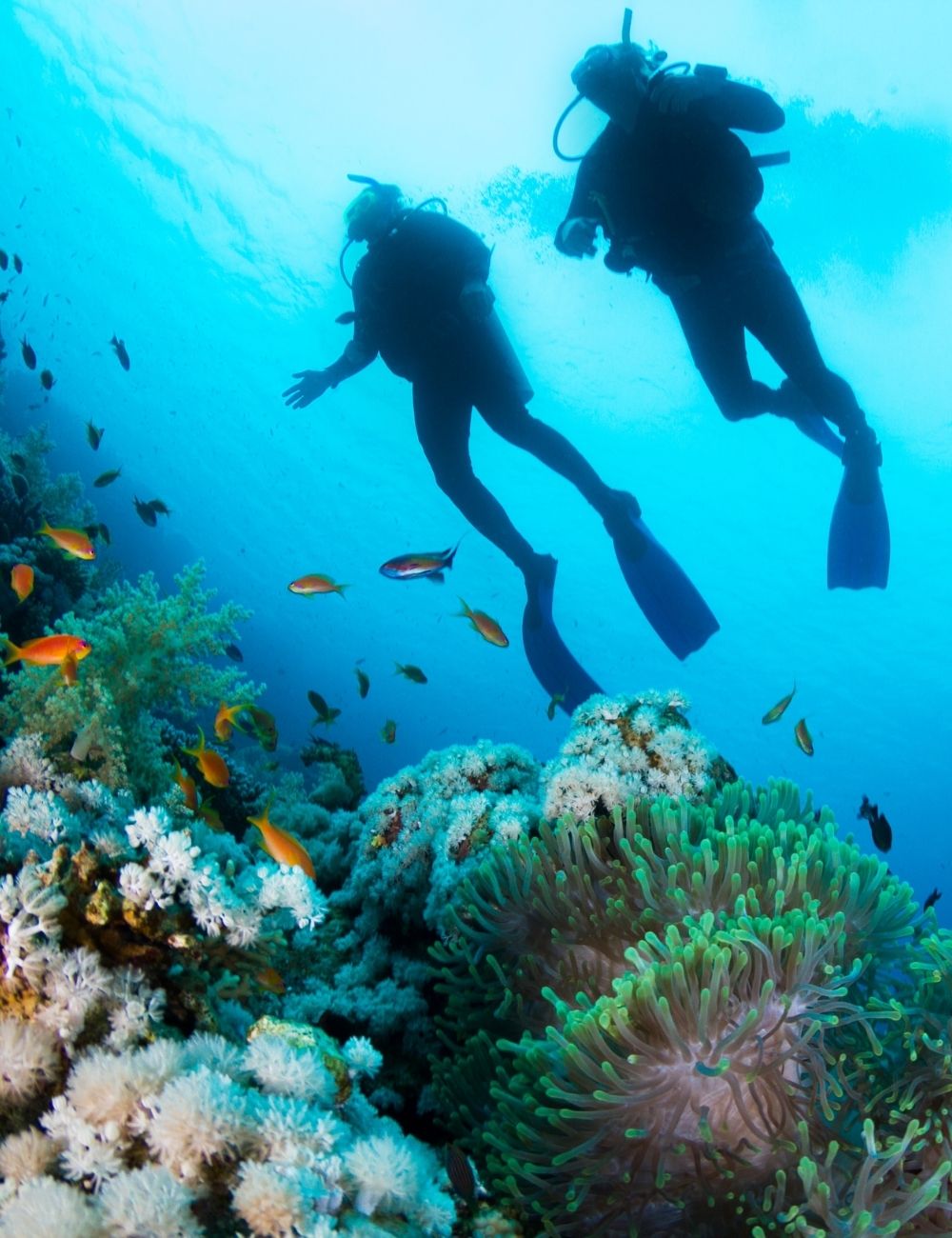
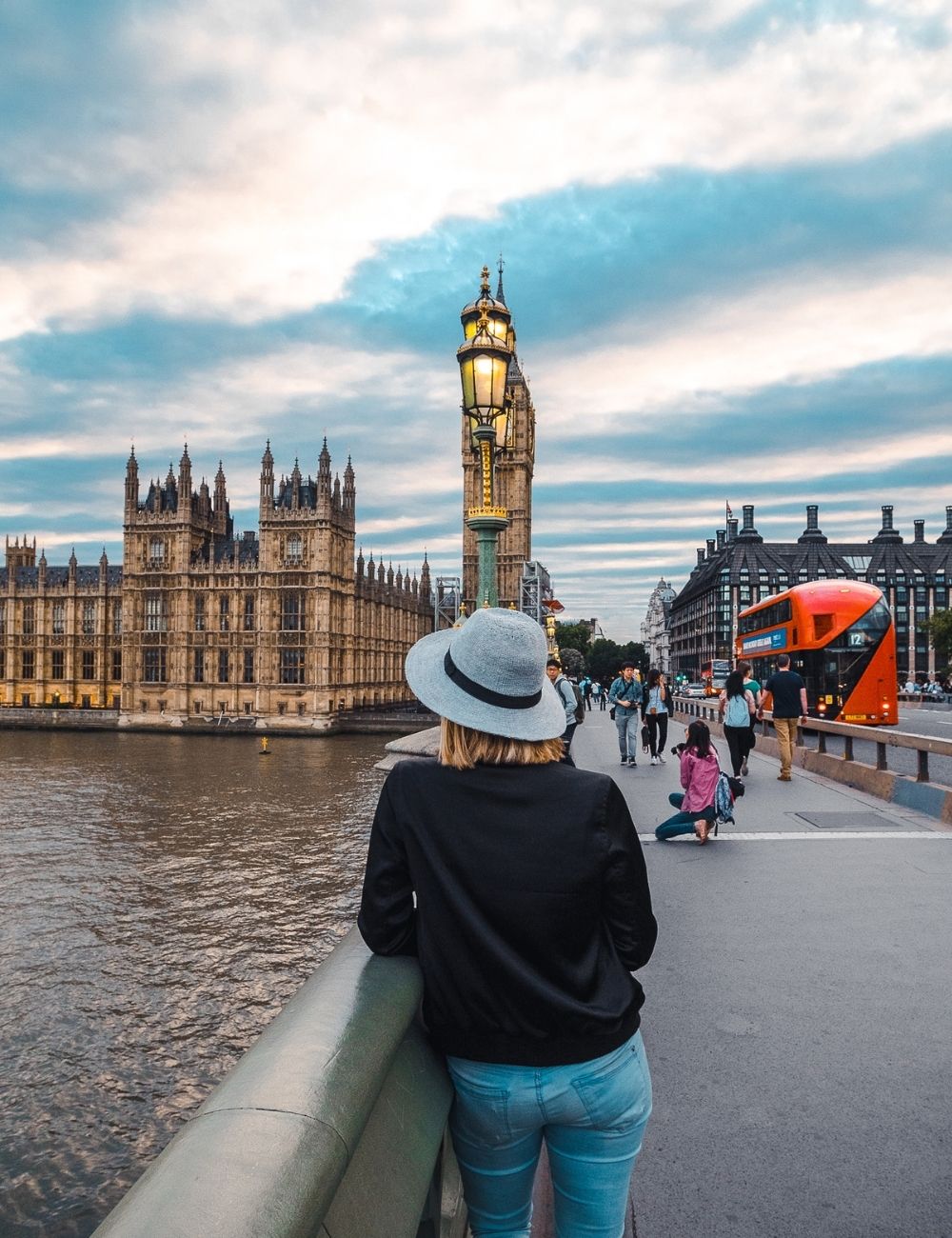
Culturally responsible
Culture is such a big part of tourism, but we all know what it’s like to visit a cultural activity which is so obviously theatrical that it totally dilutes the experience for the visitor, and may result in loss of dignity or pride in their culture for the performer. Often these experiences are run by big organisations with a focus on wealth generation and merchandise, and the money may not even stay with the local communities at all.
Culturally responsible tourism means that local communities and cultures are at the heart of the decision-making process around how they take part in the tourism industry, and that their heritage is portrayed in an authentic and sustainable way that empowers those who are a part of the culture.
Some great examples of culturally responsible tourism are:
- Waimarama Maori Tours in Hawke’s Bay, New Zealand, who run tours around family/iwi-owned land and explain how Maori life has changed with the times
- The Dual-Narrative Hebron day tour run by Abraham Tours from Jerusalem. This tour takes you through Hebron, one of the holiest cities in the world and a hotspot for violence between Israeli Jews and Palestinian Muslims. The tour is split into two halves, one half is with an Israeli Settler and the other half with a Palestinian, with the idea that you hear about the same factual events from both “sides” of the conflict. Absolutely heart-breaking but incredibly thought-provoking, one of the most interesting day tours I’ve ever done.
- Staying at a homestay where you can get an authentic local experience while all your money stays in the community
Economically responsible tourism
Economic leakage in tourism is what happens when money from tourists bypasses the local economy and ends up elsewhere, which we want to avoid if possible.
For example, if you went to an all-inclusive in the Caribbean that was owned by an American company and only ever ate at the resort, the majority of your money is probably going back to the hotel chain’s Head Office in NYC. This isn’t to say that all-inclusives are an absolute no-go, but perhaps look into what chains offer the best conditions for their local workers, if they have any conservation programmes, and what their policy is on equality, diversity and paying a living wage.
Some examples of being a responsible tourist in an economic sense are:
- Ensuring your money is going to local businesses where possible, and if that’s not possible then aim to spend money with companies who employ locals and pay a fair wage
- Opting for tourism experiences that encourage investment into local resources, like a local cooking class that takes you to a local market to buy ingredients
- Choosing to travel with tour companies that have clear and transparent policies around how much money stays in the community, like G Adventures and their Ripple Score
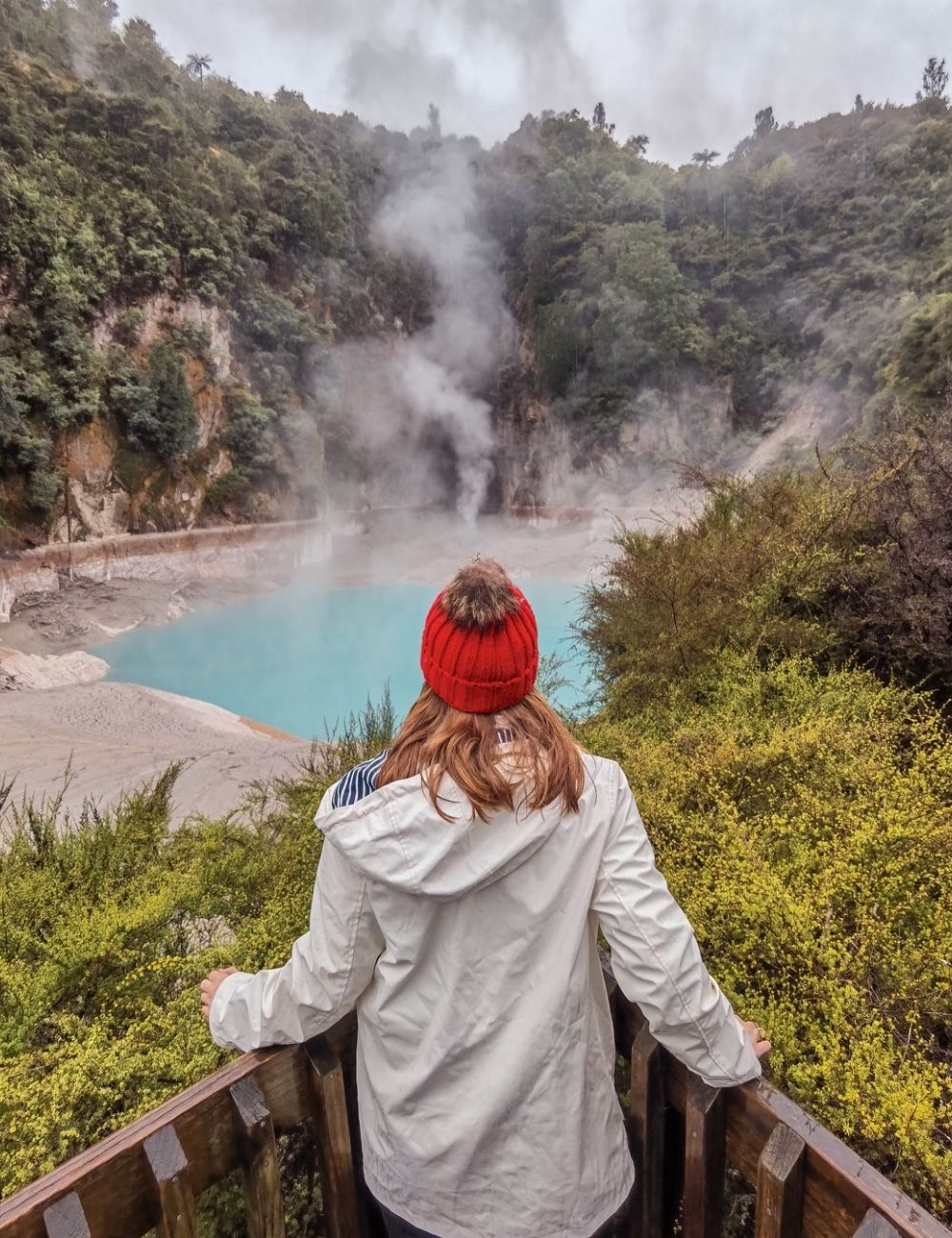

Responsible tourism is such a huge topic so this has only just scratched the surface, but it’s something I’m so passionate and I’d love to write more about it! If there’s any specific questions or thoughts you have on responsible travel I’d love to hear them in the comments, or flick me a message on Instagram @findingalexx.
LIKE THIS POST? PIN IT!


